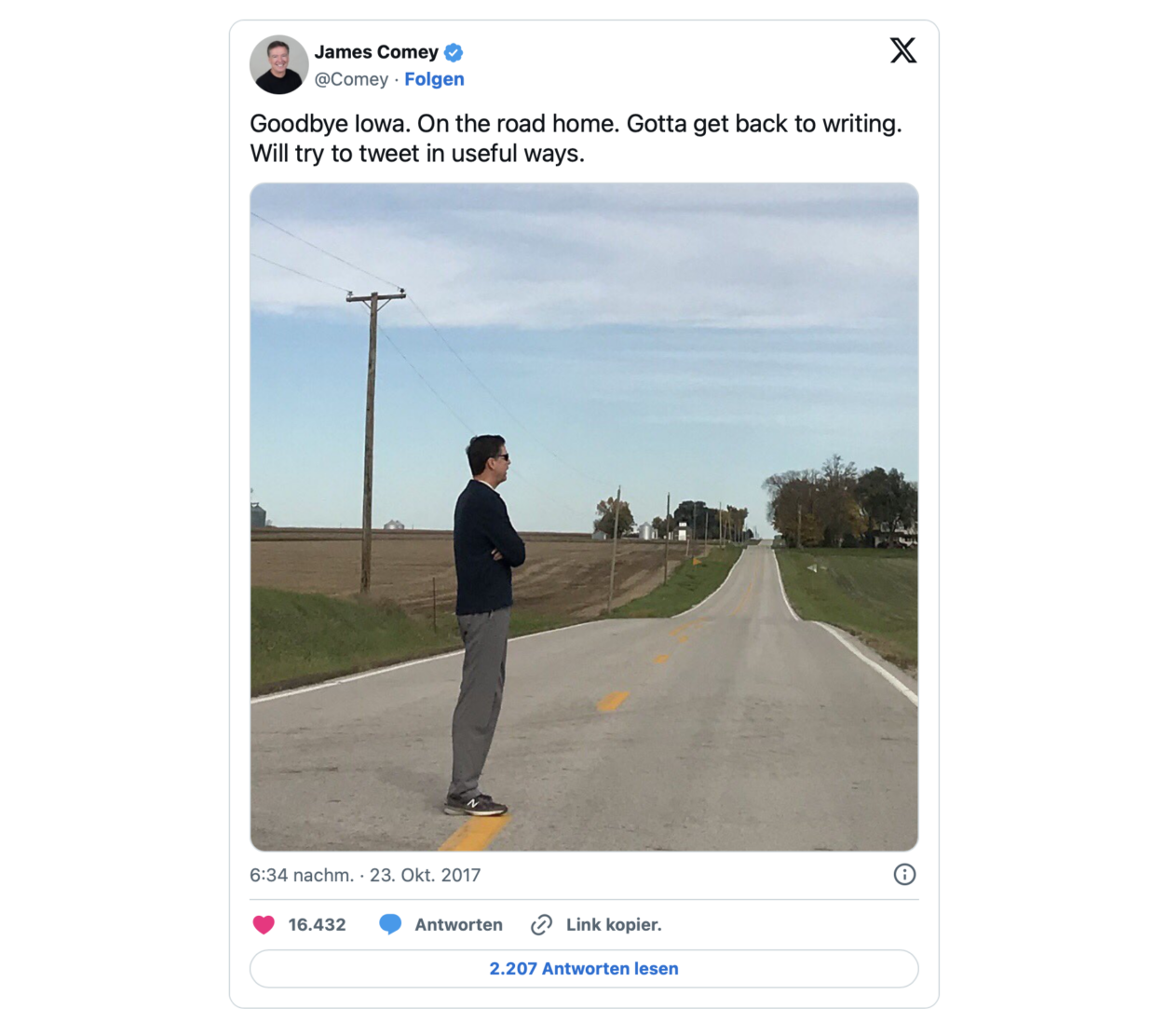A Response To “Responsible Encryption”
„Der Kampf um Verschlüsselung ist nicht aufgehoben, sondern lediglich aufgeschoben.“ Am 10. Oktober hielt Rod Rosenstein, Stellvertreter von US-Justizminister Jeff Sessions, eine Rede, die man als neuen Anlauf auf die Diskussion über Hintertüren in verschlüsselter Kommunikation für Strafverfolger verstehen darf.
Our society has never had a system where evidence of criminal wrongdoing was totally impervious to detection, especially when officers obtain a court-authorized warrant. But that is the world that technology companies are creating. > Those companies create jobs, design valuable products, and innovate in amazing ways. But there has never been a right to absolute privacy.
Riana Pfefferkorn zerlegt die Rhetorik vom stellvertretenden US-Generalstaatsanwalt:
This is Rosenstein’s anti-crypto rhetoric at its most blatant, and its most insulting. Strong encryption does prevent crime, such as identity theft. That’s something “responsible” companies need to worry about at a time when massive data breaches regularly dominate the headlines. Strong encryption does save lives, such as by helping protect individuals from being stalked by abusive family members or intimate partners. That’s something a “responsible” law enforcement agency, charged with protecting and serving the public, should embrace. In a time when it’s open season on women, immigrants, Muslims, Black people, trans and gender nonconforming people, and anyone else who’s “other,” strong encryption helps ward off victimization—not just by private bad actors, but by the state too.

Passend dazu jammert FBI-Chef Christopher Wray, Nachfolger von James Comey, über 6.900 konfiszierte Smartphones (in den letzten 11 Monaten), deren Inhalte für die US-Strafverfolgungsbehörde nicht zugänglich sind.
“I get it, there’s a balance that needs to be struck between encryption and the importance of giving us the tools we need to keep the public safe,” Wray said.
Rod Rosenstein formuliert das gleiche (falsche) Argument so: „Responsible encryption is achievable. Responsible encryption can involve effective, secure encryption that allows access only with judicial authorization.“
Riana Pfefferkorn:
He invokes the lazy old excuse that the wizards of Silicon Valley, currently hard at work on “drones and fleets of driverless cars, a future of artificial intelligence and augmented reality,” just need to nerd harder. […]
Yet branding everyone who is against weakened crypto as “advocates of absolute privacy” is a sly way of reframing the debate. It forces civil liberties activists to respond to that framing and it channels those responses. For people who embrace Rosenstein’s label (and some do), whatever they say can safely be ignored, as privacy absolutists are not to be taken seriously. The other option is to push back against the hyperbole and deny that one is a privacy absolutist (and thereby allow the DOJ to pit those who are not against those who are, driving a wedge between people who are fundamentally on the same side in this debate).